Posted on 4/1/2025
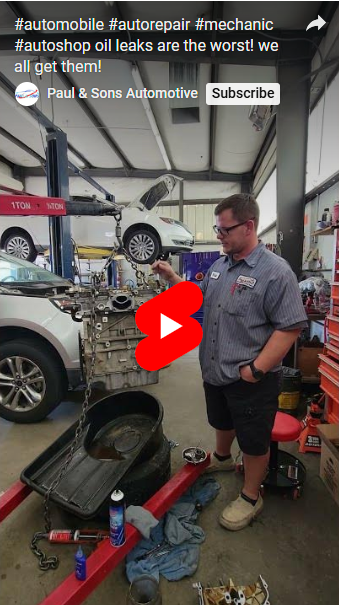
Engine oil leaks can lead to serious engine damage if not addressed promptly. They often result from worn seals, gaskets, or cracked components, causing oil to escape from the engine. It's essential to regularly check for signs of oil leakage, such as oil spots on the ground or low oil levels, to prevent costly repairs and maintain engine performance
Posted on 12/6/2024
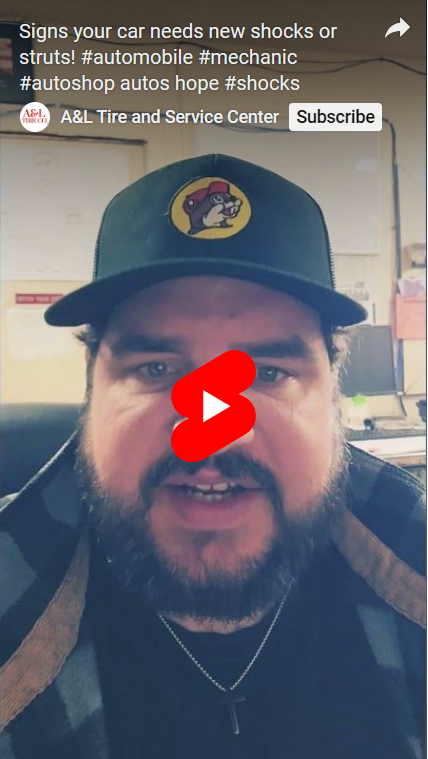
Strut and shock replacement is necessary when they no longer perform their intended function of absorbing road shocks and stabilizing the vehicle. Here are some signs that indicate it's time to replace them: Bouncing or Excessive Movement: If the car continues to bounce or sway after going over a bump or uneven surface, the struts or shocks are likely worn out and need replacement. Uneven Tire Wear: Worn shocks or struts can cause uneven tire wear, particularly on the inner or outer edges, due to improper handling of road vibrations. Poor Handling or Steering: If the car feels unstable, drifts during turns, or has difficulty maintaining a straight path, it could be a sign of compromised suspension components. Leaking Fluid: Shocks and struts contain hydraulic fluid that can leak over time. If you notice fluid leakage around the strut or shock absorber, it's time for a replacement. Noises: Unusual noises such as clunking, knocking, or squeaking while driving can indicate wo ... read more
Posted on 12/6/2024
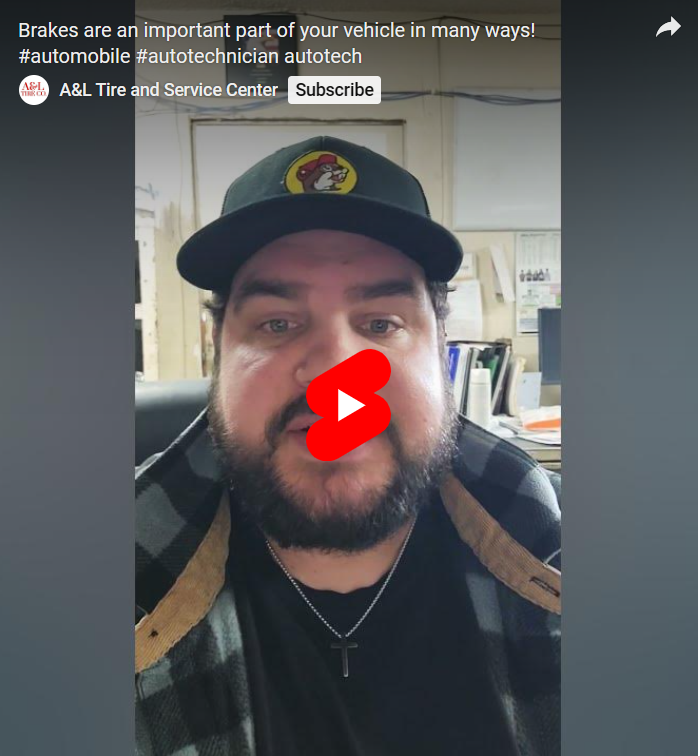
Bouncing or Excessive Movement: If the car continues to bounce or sway after going over a bump or uneven surface, the struts or shocks are likely worn out and need replacement. Uneven Tire Wear: Worn shocks or struts can cause uneven tire wear, particularly on the inner or outer edges, due to improper handling of road vibrations. Poor Handling or Steering: If the car feels unstable, drifts during turns, or has difficulty maintaining a straight path, it could be a sign of compromised suspension components. Leaking Fluid: Shocks and struts contain hydraulic fluid that can leak over time. If you notice fluid leakage around the strut or shock absorber, it's time for a replacement. Noises: Unusual noises such as clunking, knocking, or squeaking while driving can indicate worn-out suspension components. Nose Diving or Squatting: If the front of the car dives down significantly when braking (nose dive) or the rear sags when accelerating (squatting), it could be due to failed struts o ... read more
Posted on 10/30/2024
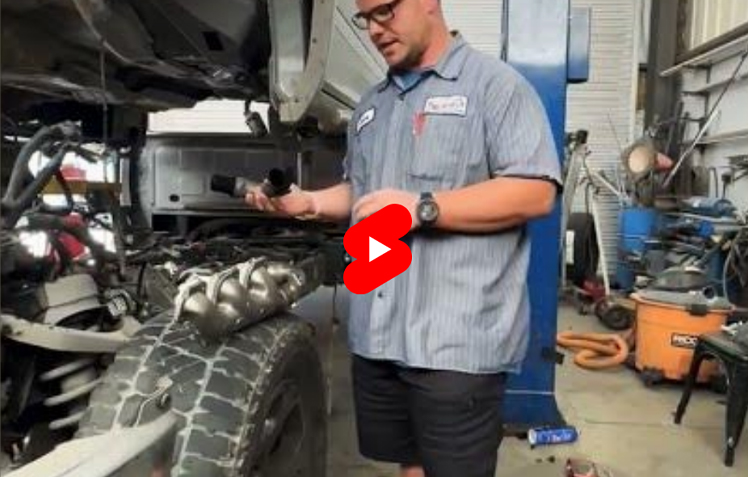
The 3.0L EcoDiesel engine, found in various vehicles like the RAM 1500 and Jeep Grand Cherokee, has been known to experience several common issues: Oil Leakage: Some owners report oil leaks, particularly around the oil pan or valve covers. Exhaust System Problems: Issues with the exhaust gas recirculation (EGR) system can arise, leading to performance problems and potential check engine lights. Turbocharger Failures: Turbocharger issues can occur, often related to wear and tear or oil supply problems. Fuel System Concerns: Problems with the fuel injectors or fuel pumps have been noted, leading to rough idling or starting issues. Cooling System Failures: Some users have reported problems with the water pump or thermostat, which can lead to overheating. DPF Regeneration Issues: The diesel particulate filter (DPF) can sometimes have issues with regeneration, causing increased exhaus ... read more
Posted on 8/22/2024
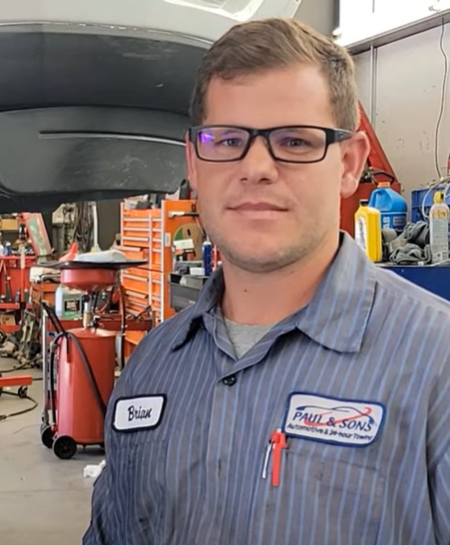
When you decline a vehicle repair, it often means that an underlying issue remains unresolved. Over time, this issue can worsen and lead to additional problems. Here’s why this happens: Progressive Damage: Some vehicle issues, like a failing transmission or worn-out brakes, can deteriorate over time if not addressed. This can lead to more severe damage and costly repairs. Compounding Problems: Unresolved issues can affect other parts of your vehicle. For instance, a small oil leak can lead to engine damage if not fixed. Increased Wear and Tear: Neglecting necessary repairs can lead to increased strain on other components, causing them to wear out faster. Safety Risks: Certain issues, such as brake or steering problems, can become more dangerous if left unaddressed, potentially compromising your safety. Addressing repairs promptly helps prevent these cascading effects and ensures your vehicle remains reliable ... read more
Posted on 8/7/2024
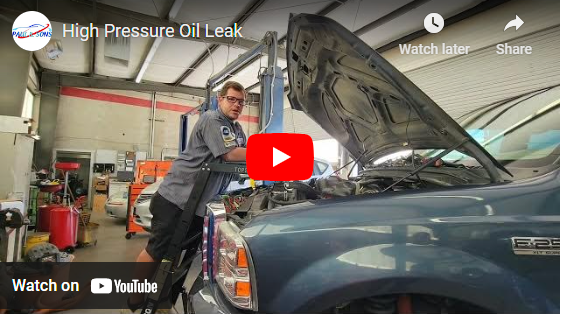
High-pressure oil leaks in trucks can be problematic for several reasons. These leaks typically occur in the hydraulic systems, including those in power steering, brakes, or engine components. Here’s a breakdown of what you need to know: 1. Causes: Worn or Damaged Hoses: High-pressure hoses can wear out or become damaged over time, leading to leaks. Faulty Fittings: Connections and fittings in the hydraulic system might become loose or corroded. Component Failures: Components like pumps, valves, or seals can fail, causing oil to leak. 2. Symptoms: Oil Spots: Look for oil spots or puddles under the truck. Reduced Performance: You may notice reduced performance in the affected system, such as less effective steering or braking. Warning Lights: Some trucks have warning lights for low oil pressure or hydraulic system issues ... read more